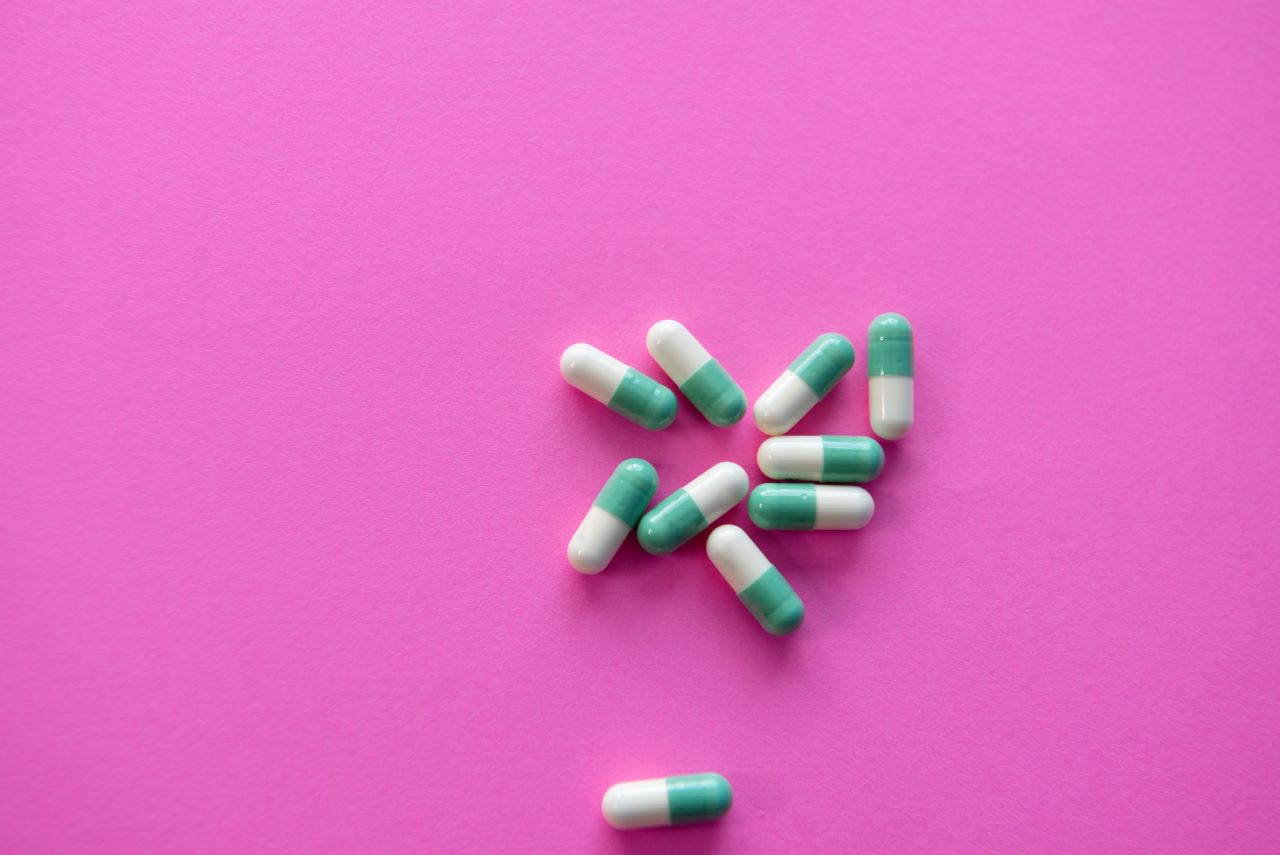
Selva Therapeutics has reported that the Phase I clinical study of a potential oral Covid-19 treatment, SLV213, met its primary objective of demonstrating safety and tolerability.
A small molecule drug candidate, SLV213 inhibits cathepsin L, a human cysteine protease found in lung and other cells, to block viral entry.

Discover B2B Marketing That Performs
Combine business intelligence and editorial excellence to reach engaged professionals across 36 leading media platforms.
The drug candidate was developed based on research from UC San Diego, which exclusively licensed it to the company.
It potentially has broad antiviral activity against coronaviruses, Ebola viruses and paramyxoviruses, including Nipah virus.
The randomised, placebo-controlled, double-blinded study was conducted in healthy participants.
Data showed that no dose-limiting toxicity was reported in all dose groups tested, hinting at SLV213 being safe for further clinical development.

US Tariffs are shifting - will you react or anticipate?
Don’t let policy changes catch you off guard. Stay proactive with real-time data and expert analysis.
By GlobalDataAccording to pharmacokinetic profiles, a dose-dependent increase in SLV213 plasma levels and compatibility with twice-daily dosing was observed.
The company intends to advance SLV213 into a Phase II study in non-hospitalised Covid-19 patients.
Furthermore, Phase I data showed that that SLV213, when administered orally, achieves plasma levels expected to be efficacious based on primate studies.
Selva Therapeutics chief medical officer Ken Krantz said: “We successfully completed our Phase I study with no dose-limiting toxicity.
“This positive outcome, which is further supported by our in vitro and in vivo data that demonstrate the activity of SLV213 as a potent antiviral therapeutic, allows Selva to move forward with testing SLV213 in a Phase II study in early Covid-19 patients.”
Preclinical studies in nonhuman primates (NHPs) in both prophylactic and therapeutic settings demonstrated that SLV213 protected against lung damage infected with SARS-CoV-2, compared to untreated controls.
NHPs treated with SLV213 had normal lung weights in both settings at approximately 0.5% of total body weight, while the lung weights of control animals increased up to two-fold.
The company noted that the increased lung weight indicated severe inflammation and oedema.





